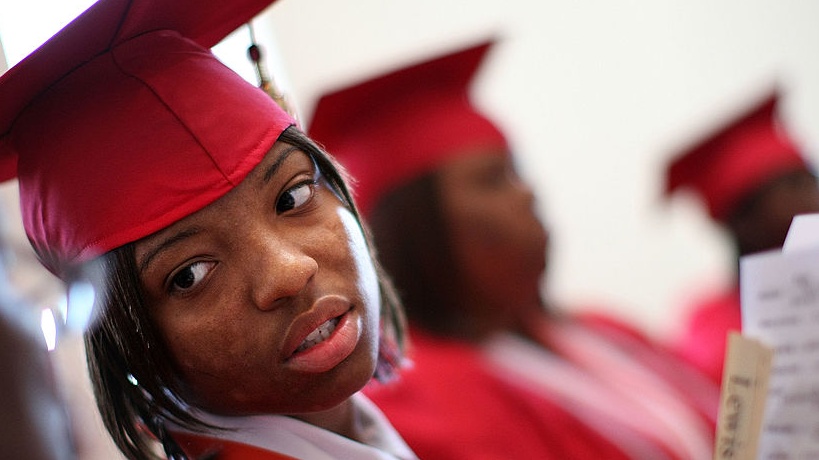Recent studies have shown that the Black community has been hit harder by today's student debt crisis than any other demographic.
According to a report from the Center for Responsible Lending and the NAACP released in July 2019, nearly 85% of Blacks with a bachelor's degree hold student loan debt compared to 69% of Whites. These numbers, in conjunction with numbers from a Brookings Institute study, show that Black borrowers owe an average of $4,000 more and pay at a rate more than half that of their White counterparts, which can explain why nearly 40% of the Black students who entered college in 2004 have since defaulted on their loans.
“There’s structural discrimination,” Julia Barnard, a student debt expert at the Center for Responsible Lending, said to CNBC. “It’s a larger civil rights issue.”
The growing concern of the crisis's impact on the Black community was further highlighted in the Center for Responsible Lending's report.
The report lists a number of recommendations for system reform and pathways to loan repayment and forgiveness, which includes improvements for income-driven repayment (IDR), like shortening the IDR schedule from 20-25 years to 15 years and calculating payments at 8% of income instead of the current 10% level.
"This way debtors would have a bigger buffer protecting their core income, which would then pay for childcare, food and the like, and will protect more income in general," Barnard said to Education Dive. "Shortening the repayment plan will help folks have more manageable payments."
The Atlantic also reported that Black students are disproportionately accepted into private universities, with 21% of private university students being Black, according to the Center for Analysis of Postsecondary Education and Employment. While this may seem like a good thing, private (or for-profit) universities usually have higher tuition rates than public colleges. The Atlantic's report laid out the poor outcomes students often face because of these high costs, with only 35% completing their programs within six years, according to National Student Clearinghouse Research Center.
Multiple Democratic candidates have taken this issue seriously, with both Sens. Elizabeth Warren and Bernie Sanders championing student debt cancellation and free universal public education.
With these facts and figures coming forth and college remaining an important part of the economy, the student loan crisis will continue to be a forefront issue in the Black community, politics and the 2020 Democratic primary.
